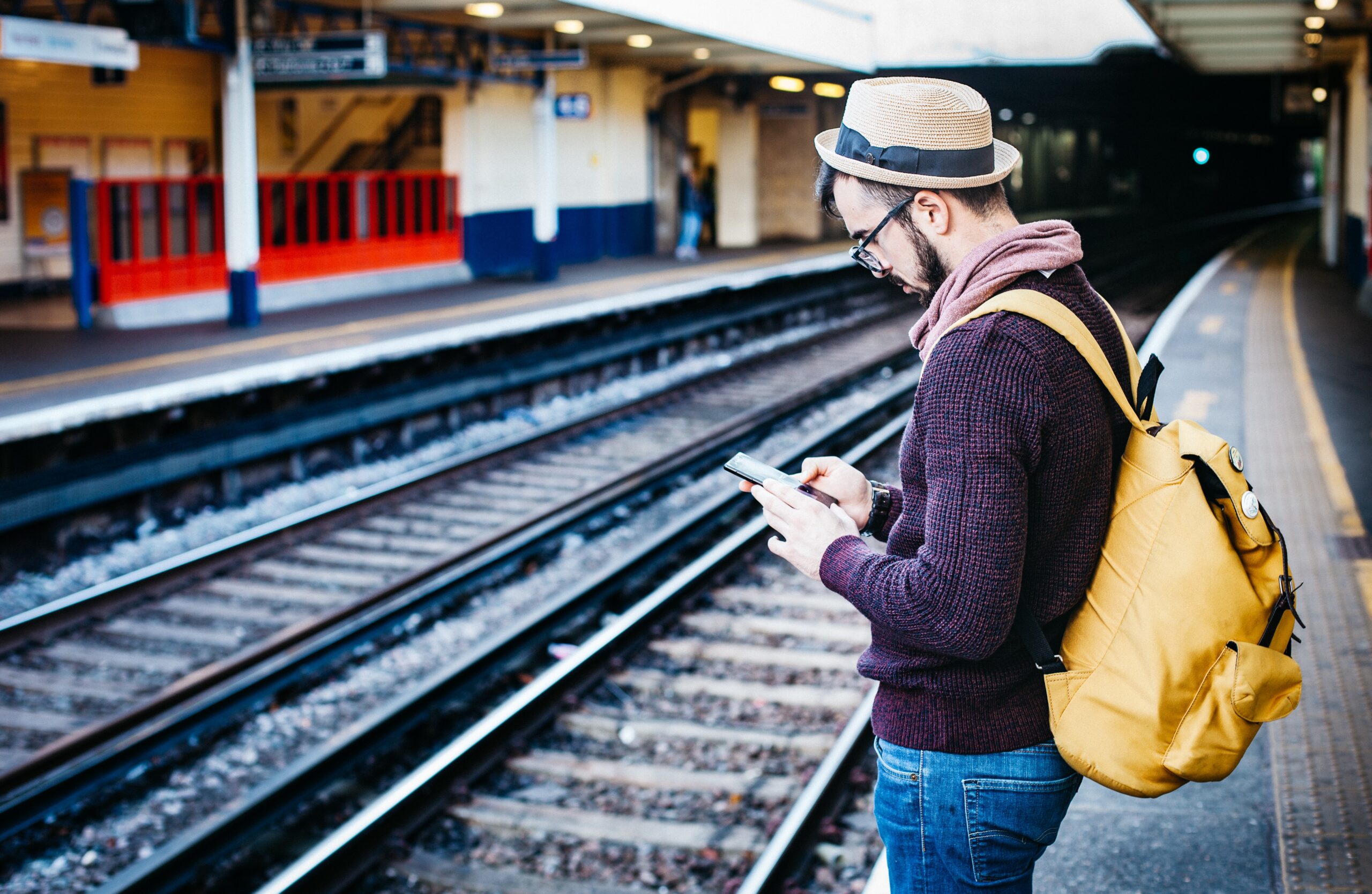How to Travel Like a Local
Recently updated on January 17, 2025
Total words: 739

Traveling like a local is one of the best ways to experience a new destination. By immersing yourself in the local culture, you can gain a deeper appreciation for the people, the customs, and the way of life. In this article, we’ll take a closer look at some tips for traveling like a local.
- Research the Local Culture Before you arrive at your destination, take some time to research the local culture. Learn about the customs, the language, and the history of the area. This will help you better understand the people and their way of life, and it will also help you avoid any cultural misunderstandings.
- Stay in Local Accommodations One of the best ways to experience a destination like a local is to stay in local accommodations. This could mean renting an apartment in a residential neighborhood or staying in a guesthouse run by locals. By staying away from the tourist areas, you’ll have a chance to experience daily life in the area and to connect with locals.
- Use Local Transportation Using local transportation is another great way to travel like a local. This could mean taking the bus or the subway, or renting a bike or a scooter. By using the same transportation as locals, you’ll get a better sense of how people get around and where they go.
- Eat Local Food Eating local food is one of the best ways to experience a new destination. Be sure to try local dishes, as well as street food and food from local markets. Ask locals for recommendations and try to eat where they eat. Not only will you get a taste of the local cuisine, but you’ll also have a chance to connect with locals over a shared love of food.
- Learn Basic Phrases Learning some basic phrases in the local language can go a long way in helping you connect with locals. Simple greetings, such as “hello” and “thank you,” can help break the ice and show that you respect the local culture. You may even want to take a language class or use language learning apps to improve your language skills.
In conclusion, traveling like a local is one of the best ways to experience a new destination. By researching the local culture, staying in local accommodations, using local transportation, eating local food, and learning basic phrases, you can immerse yourself in the local way of life and gain a deeper appreciation for the destination. So the next time you travel, try to travel like a local and experience a destination in a whole new way.
1. What are the benefits of traveling like a local?
Traveling like a local offers a more authentic and immersive experience, allowing you to connect with the culture, people, and traditions of a destination on a deeper level. You can discover hidden gems off the beaten path, try local cuisine, and gain a better understanding of the local way of life.
2. How can I immerse myself in the local culture while traveling?
To immerse yourself in the local culture while traveling, try staying in local accommodations such as homestays or guesthouses, interact with locals, participate in cultural activities and festivals, learn a few words of the local language, and respect local customs and traditions.
3. What are some tips for blending in with the locals while traveling?
To blend in with the locals while traveling, dress modestly and appropriately for the culture, learn basic etiquette and greetings, observe and mimic local behavior, avoid loud and disruptive behavior, and be open-minded and respectful towards different customs and practices.
4. How can I support the local community during my travels?
To support the local community during your travels, choose locally-owned accommodations, restaurants, and tour operators, shop at local markets and stores, engage in responsible tourism practices, respect the environment, and consider volunteering or donating to local causes.
5. What are some common mistakes to avoid when trying to travel like a local?
Common mistakes to avoid when trying to travel like a local include sticking to touristy areas, being insensitive to local customs and traditions, overpacking your itinerary, expecting everything to be like home, and not being open to new experiences and perspectives.